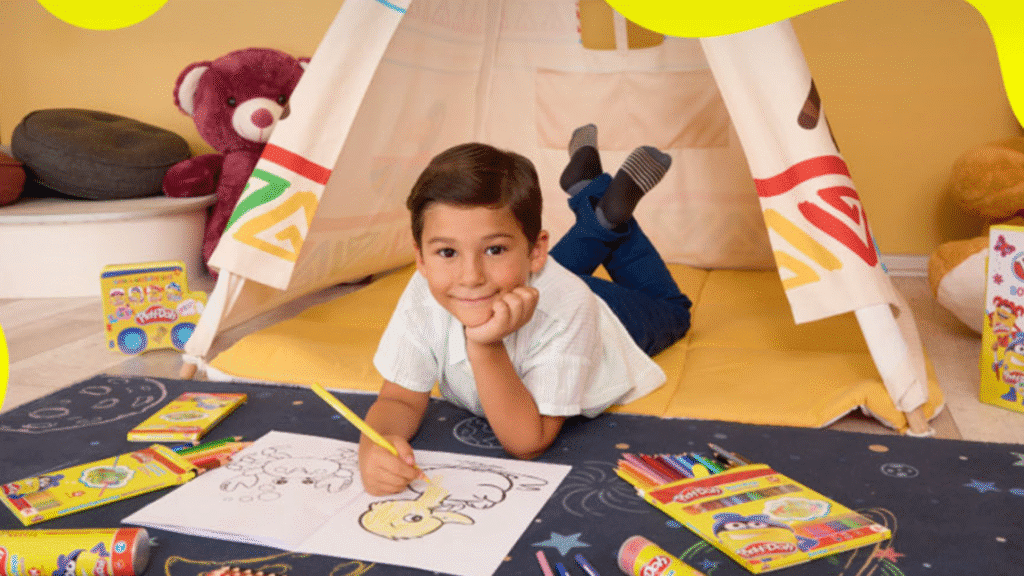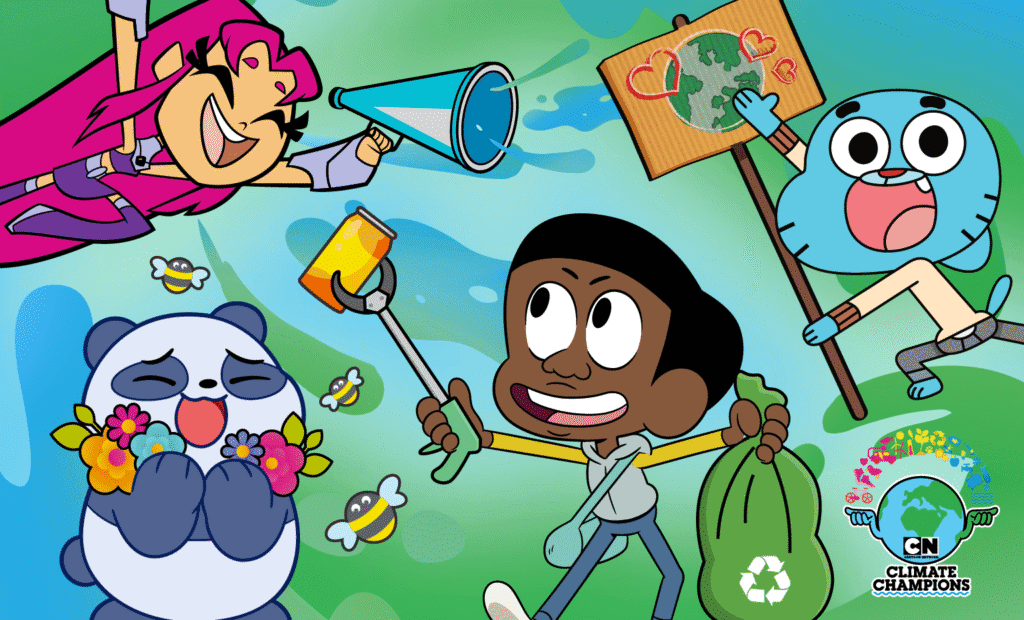The problem you face working on a tannery during a global pandemic is that, under lockdown rules, there are few chances had to avert your eyes from the animal-processing going on around you.
For those with a stance of any conviction on animal welfare, that could present a bit of a problem. At least, this was the situation biochemist, Martin Stübler, found himself in one summer three years ago. And the same situation that fuelled a belief in an animal-free-alternative to the kind of materials prevalent across the fashion and textiles industry.
From that belief sprung Bio-Fluff, a plant-based alternative to animal- or plastic-based furs and plush textiles and the combined efforts of Martin and two founding partners, Roni Gamzon, and Steven Usdan, which in 2023 took the fashion scene by storm when it announced an exclusive partnership with none-other than Stella McCartney at the United Nations’ climate conference, COP28.
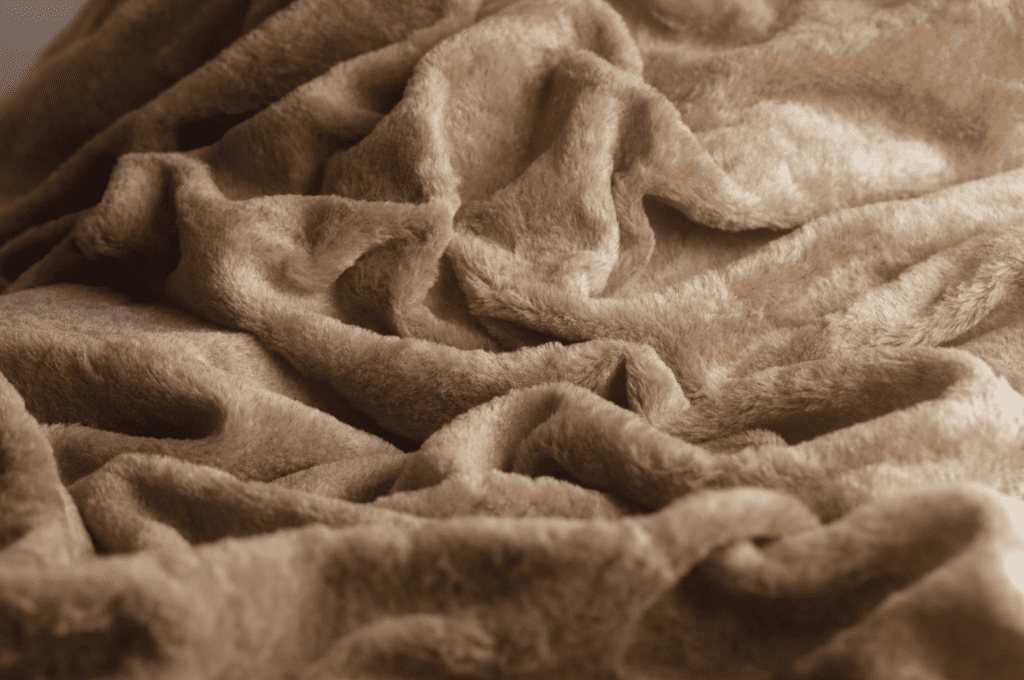
The pairing has since resulted in the creation of a vegan capsule collection produced using Savian, Bio-Fluff’s animal- and plastic-free, biodegradable fur alternative textile. It’s now through Savian that Bio-Fluff wants to transform industry by showcasing the real-world benefits of such plant-based alternatives derived from flax, hemp, and nettle. And today, with operations across New York, Paris, and Italy, Bio-Fluff is on course for doing just that.
And why wouldn’t it be? At a time when the world’s attention is on the environmental impact of the fashion industry, Bio-Fluff offers a solution boasting 95% lower greenhouse gas emissions than animal fur (not to mention being fully vegan-friendly with zero animal processing) and 75% lower emissions than faux fur. Furthermore, as a solely plant-based fibre (subjected only to a ‘soft enzymatic treatment’ but not, the company insists, spun into yarn) it also eliminates faux fur’s microplastic problem.
But while a capsule collection with fashion royalty like Stella McCartney or Ganni may get you the front cover of Grazia, it won’t necessarily get you the scale you need to make a plant-based alternative a viable one for the industry at large. Which is why this team is ready to start looking a little further afield, with eyes for expansion into interior, packaging, and even toys.
And that’s why Bio-Fluff is keen to bring its innovation to the Products of Change Conference – Sustainability in Brands, Licensing, Products, and Retail this year.
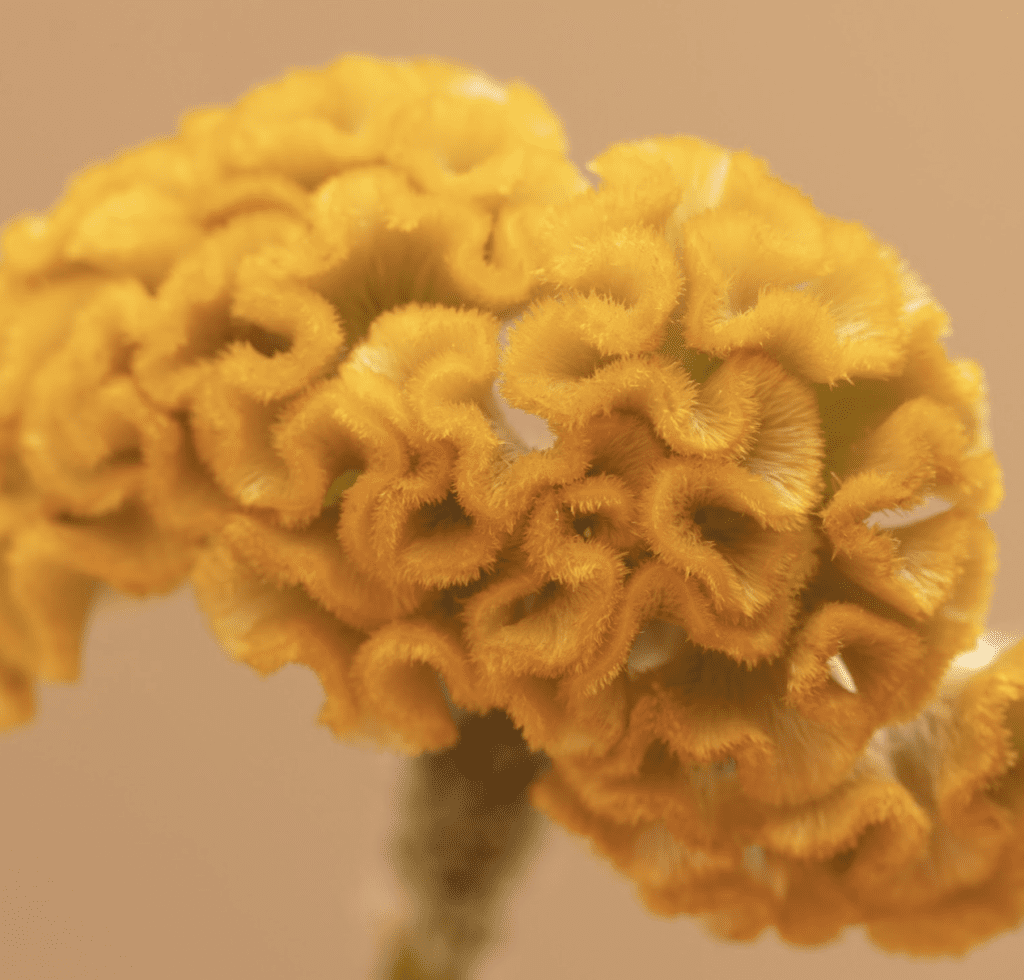
The Bio-Fluff team are no strangers to pioneering in the business sector. Steven Usdan is a serial co-founder, an accomplished textiles specialist, and the man recognised for bringing the first cotton recycling plant to the United States. With an eye for business development in the Cleantech and sustainability space, Steven (also one third of Bio-Fluff’s co-founding trio) has been responsible for steering the team clear of the usual pitfalls material innovation start-ups traditionally stumble into, by targeting scalability from the very get go.
“From day one we said we weren’t going to follow the normal route that start-ups like us take,” Roni Gamzon, co-founder and chief commercial officer at Bio-Fluff tells Products of Change from her base in Paris, the epicentre of haute couture and high end fashion.
“We weren’t going to be holed up in a lab forever before we start looking into production. We wanted to look at production from the very beginning and work with existing manufacturers.”
Bio-Fluff currently produces over 1,000 square-metres of material a week and earlier this year secured over two tonnes of its fibres for production throughout 2024. These preferred fibres are sourced directly from European farmers, while production is predominantly carried out in Italy.
“Scaling things further through industry will start to bring the associated costs down,” says Roni. “Which is why an area like toys can be so impactful.”
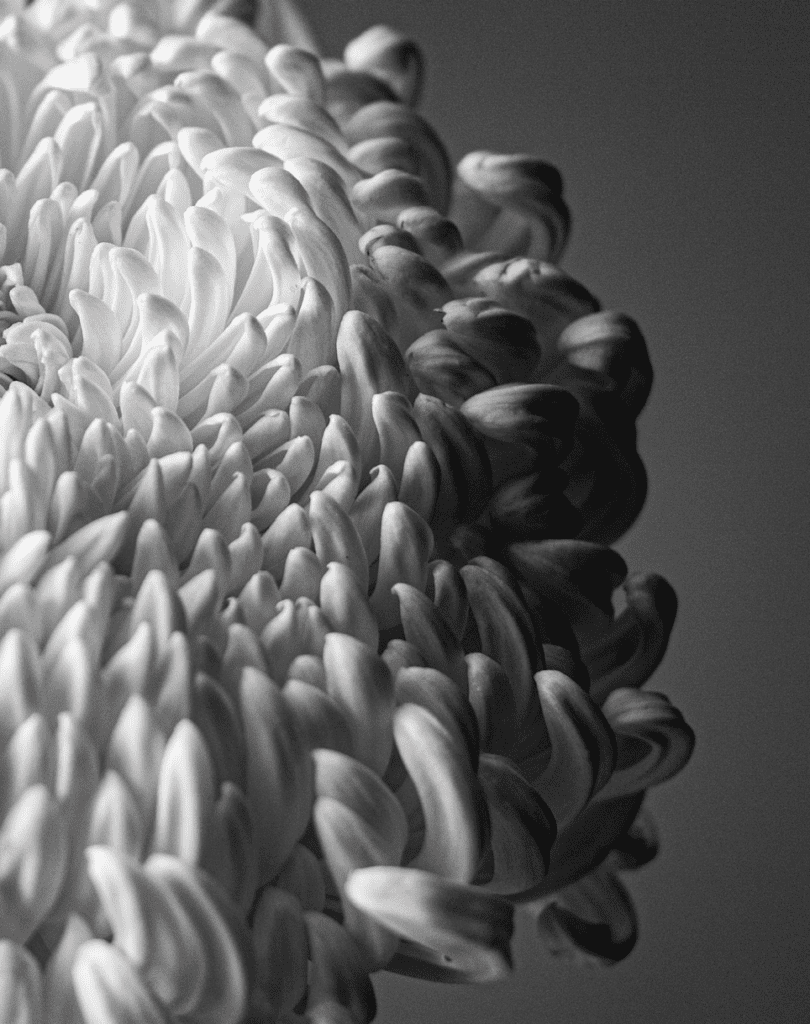
In toys, Bio-Fluff had spotted the potential not just to bring its material innovation to mass market but to directly impact and influence new generations of global citizens. Roni recalls the handful of occasions in which children’s toys have been ‘the perfect conduit’ for conveying just how transformative a material like Bio-Fluff could be for industry.
“When you start having this conversation about material innovation – being plastic-free, free from animal product – in the toy space, you see the penny drop with a lot of mothers,” explains Roni. “These are parents who know how toys get used, plush toys that get chewed on, and they don’t want anything but natural fibres and materials for their children.”
The toy sector is also one navigating its own transition towards better sustainability. The plush toy sector, in particular, has – in recent years – undergone a transformation with the introduction of recycled PET plastic into its stuffing. And while that’s a development not to be dismissed, a plant-based material such as Bio-Fluff could one day offer a solution in which the need for rPET fibres (and the issues it carries with shedding microplastics) is removed entirely.
“Over the summer we finalised the performance we needed in fireproofing for children’s toys and for interior, so we are just starting to enter this space,” explains Roni. “And I know this space will come with its own nuances – manufacturing in China, for instance. And that’s exactly what we need to figure out. We could manufacture in China, but we need to the right kind of partnership to develop with.”
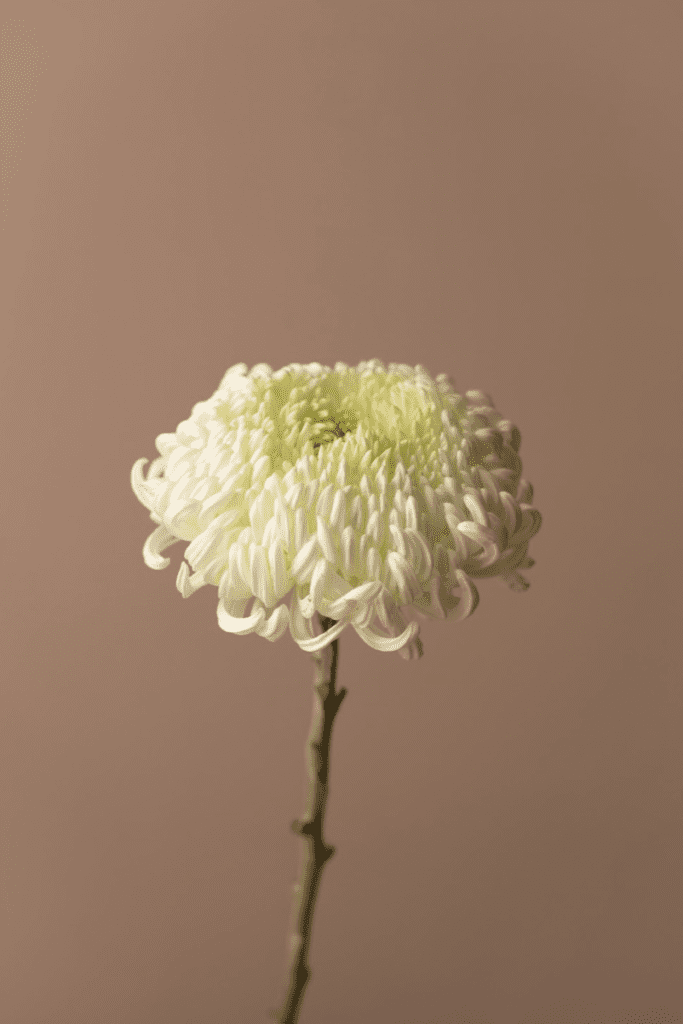
To this end, Bio-Fluff is looking for a “co-development”opportunity in the toy sector. It’s a venture that will take “a brave brand, ready to be at the forefront of material innovation and sustainable change” to make happen, but it’s a move that an ever-optimistic Roni believes will come with a ‘massive pay-off” for those ready to push industry right into the future.
“This comes with the potential to create a solution for a whole industry,” she says. “The solutions are there and they exist, they just need a little support to be perfected and then could become a kind of ‘plug ‘n’ play’ for an entire industry. This is not a case of ‘okay, it’ll be ready in ten years’ time’, these solutions could be a year or two away from being out there in the market.”
And that’s a million miles away from an animal processing tannery at the height of the covid pandemic.
About Roni Gamzon:
Roni GamZon is the Chief Commercial Officer and co-founder at Bio-Fluff, the material science start-up behind the world’s first 100% plant based alternative to animal fur and plastic based plush.
Roni manages relationships with brand partners, launching Bio-Fluff’s luxury material offering Savian by Bio-Fluff in December of that year with Stella McCartney during a showcase at COP28. Bio-Fluff has since collaborated with GANNI, using Savian to produce a lower impact Bou Bag.
After a successful launch in the fashion sector, Bio-Fluff is now keen to develop a 100% plant-based alternative to plush toys.



